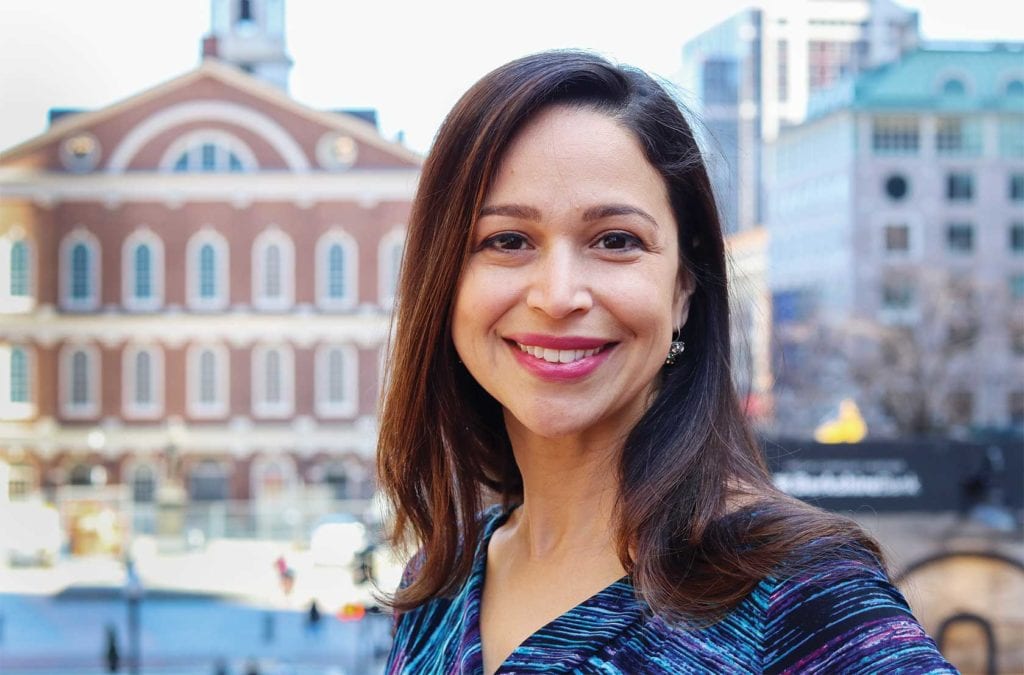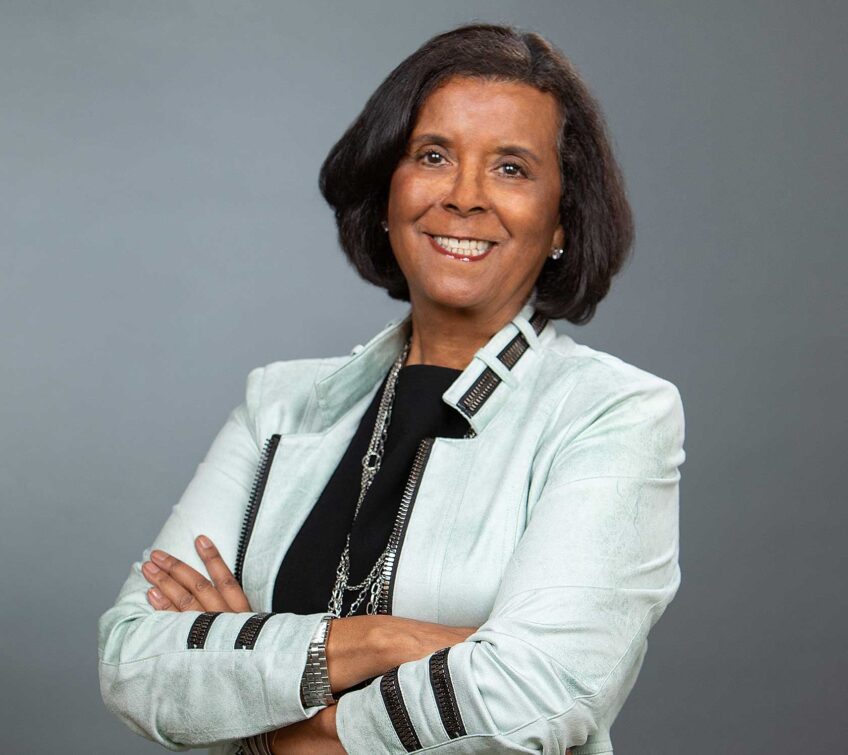
City officials released data earlier this year showing that less than 1 percent of the $664 million the city awarded in contracts went to businesses owned by people of color. The revelation came two years after city officials launched a disparity study — the first step in establishing legal proof that minority-owned businesses are underrepresented in city contracting.
The Banner caught up with Celina Barrios-Millner, the director of Equity and Inclusion in the Mayor’s Office of Economic Development, to discuss the disparity study, which will include community meetings in Dorchester, Jamaica Plain and Dudley Square next week. The following answers have been edited for brevity.
What are some reasons minority-owned business have not been getting contracts with the city?
While we know anecdotally about challenges specific businesses have faced and the procurement laws they must adhere to, we would like to better understand why minority-owned businesses are not doing more business with the city through the disparity study. Although certification can be a cumbersome process for small businesses (which we are working on streamlining), it is the only way to truly identify minority-owned businesses, along with other categories we certify for. However, it’s a crucial step to certify with the Equity and Inclusion Unit, because it is our method of tracking money spent with these businesses and connecting them to opportunities.
What prompted the city to undertake this disparity study?
Since Mayor Walsh took office, he has focused on making Boston a more inclusive economy, and he understands the city’s own spending power is a key lever for increasing equity in business opportunities. Unfortunately, our MWBE program has not been operating since 2003, and there have been no participation goals required for city contracts. Since then, we have seen a decrease in our certified business database, and we lost an important tool in ensuring that we are spending with minority and woman-owned businesses. By undergoing this disparity study, we now have the opportunity to analyze how we are spending, understand better the minority and woman-owned businesses available to do business with, and overall make our procurement process more equitable and transparent.
What do you hope to learn from these listening sessions?
We hope to gather first-hand experiences from minority and woman-owned businesses on contracting with the city. We want to learn more about positive experiences and what made those contracts a success, and any challenges or difficulties businesses experienced. This data will be instrumental as we analyze the policy landscape, our internal processes, and develop future programming. Additionally, we hope to meet businesses we have not yet certified so we can add them to our pool of certified businesses and help connect them to future opportunities.
What are some examples of services local businesses can provide for the city?
City procurement is broken down by Goods and Standard Services, including transit and waste management; Construction; and Professional Services, including IT, Engineering, and Educational Services among many others. From providing catering for one of our free Economic Development Center workshops to software development, to architectural plans and cleaning services, there are countless opportunities for sole proprietors to large corporations to do business with the City.
What strategies does the city currently employ to make sure small businesses can compete for city contracts?
When Mayor Walsh launched the Economic Development Center in January 2019, we were thrilled to have a new foundation to deploy small business resources into every neighborhood and across all industries. The Equity and Inclusion series offers topical workshops to share knowledge about the city’s procurement process, opportunity fairs for department buyers to meet local business owners, and targeted community-based info sessions for specific contracts. The latter strategy has resulted in MBEs and WBEs landing contracts for the first time in landscaping, snow removal and recycling cart delivery. We also work closely with the Small Business Unit to refer small businesses to technical assistance in order to ensure they are ready to compete when opportunities arise. Lastly, we offer business certification for MBE, WBE, Veteran-owned businesses, and Small and Local businesses so that department buyers can identify local and diverse businesses for contract opportunities and so we can help market their services for public and private procurement opportunities.
What are the advantages of doing business with the city?
It’s widely known that city contracting opportunities provide a stable and predictable source of revenue, because most of our services and needs are recurring. Additionally, doing business with the city of Boston and being certified can be a great marketing tool for other public and private sector opportunities. Lastly, our vendors appreciate the opportunity to help shape their city through their expertise and services and are able to make strong partnerships with policymakers and larger networks.






